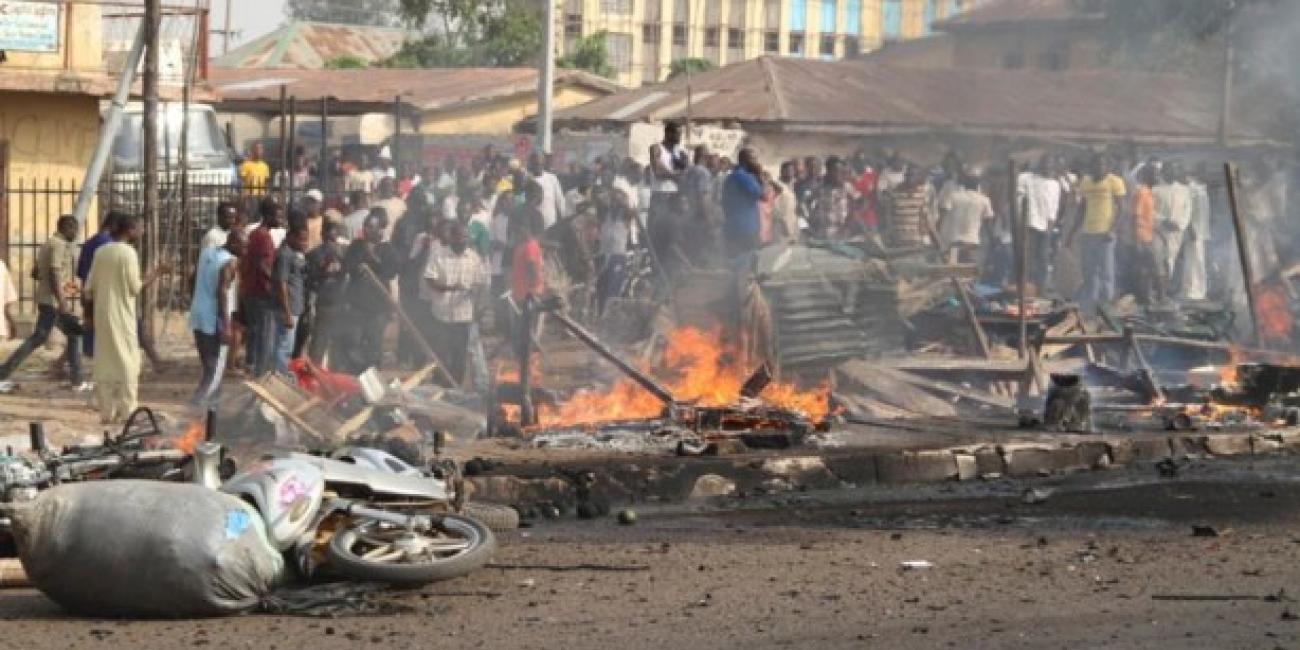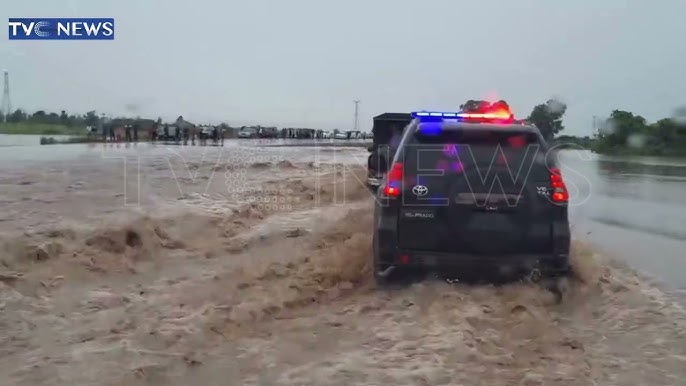Israel announced the immediate closure of its embassies and consulates worldwide, suspending all consular services in response to heightened security concerns following large-scale military strikes on Iran. The decision, communicated through official statements on embassy websites, reflects fears of potential retaliatory attacks by Iran targeting Israeli nationals and interests abroad. Israeli citizens have been advised to remain vigilant, avoid displaying Jewish or Israeli symbols in public, and report any suspicious activities to local authorities.
The Israeli strikes targeted critical Iranian infrastructure, including nuclear facilities, missile production sites, and key military personnel, escalating tensions in the region. No specific timeline was provided for the reopening of diplomatic missions, with the Israeli Foreign Ministry citing the need to prioritize citizen safety amid the volatile situation. An official at the Israeli embassy in Berlin confirmed the closure but declined to provide further details, underscoring the sensitivity of the situation.
In response to the strikes, several countries have bolstered security measures to protect Jewish and Israeli communities. German Chancellor Friedrich Merz, after discussions with Israeli Prime Minister Benjamin Netanyahu, announced enhanced security around Jewish and Israeli sites across Germany. Similarly, Sweden has increased police presence around the Great Synagogue in Stockholm to deter potential threats.
The United States, under President Donald Trump, issued a statement attributing the strikes to Iran’s refusal to engage in nuclear negotiations, warning of even harsher military actions if Tehran does not come to the table. This position has drawn mixed reactions globally, with some allies expressing support for Israel’s actions while others urge de-escalation to prevent a broader conflict. The U.S. has also reportedly increased its military readiness in the region to counter any potential Iranian retaliation.
The closure of embassies has disrupted travel and consular services for Israeli citizens abroad, with many embassies directing citizens to online resources or local authorities for assistance. The Israeli Foreign Ministry has emphasized the importance of adhering to local security guidelines and avoiding public gatherings that could draw attention. This marks one of the most significant diplomatic shutdowns in Israel’s history, reflecting the gravity of the current crisis.
Reports from other sources, including The Times of Israel and Investing.com, corroborate the widespread embassy closures and heightened global security measures. The lack of a clear timeline for resuming operations has left many Israeli citizens abroad uncertain, with some expressing frustration over limited access to consular support. Meanwhile, international analysts suggest that Iran’s response could range from cyberattacks to targeted strikes on Israeli interests, further complicating the situation.
In Israel, the government has called for national unity and preparedness, with officials urging citizens to remain calm but alert. The strikes on Iran have been framed as a preemptive measure to neutralize threats, particularly Iran’s nuclear ambitions and missile capabilities. However, the closures signal a recognition of the potential for swift and severe retaliation from Tehran or its proxies.
The international community remains on edge, with diplomatic efforts underway to prevent further escalation. European nations, while reinforcing security, have called for restraint from both Israel and Iran to avoid a broader regional conflict. The coming days will be critical in determining whether these measures can contain the fallout from the strikes and prevent further violence.




